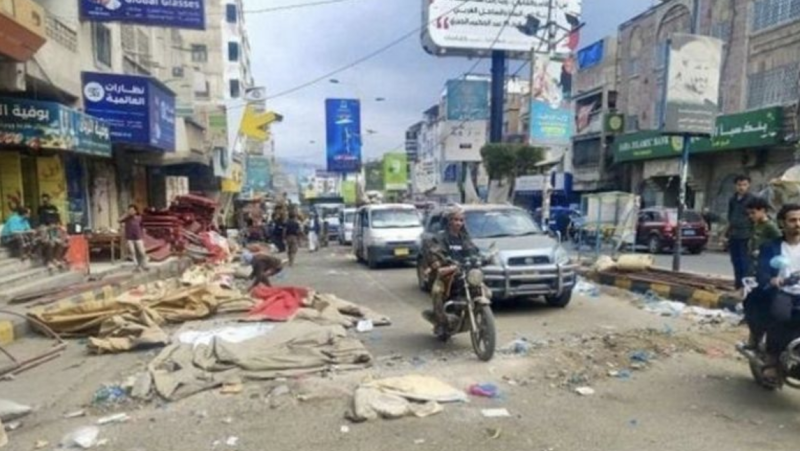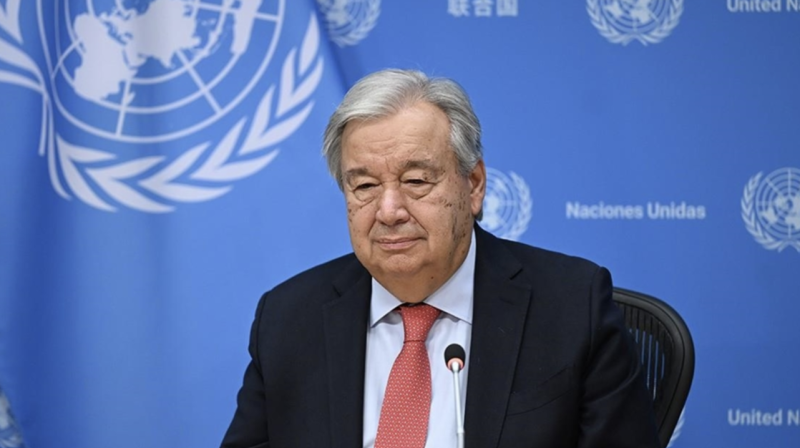Yemen : 2 Houthi drones target Greek ship in government-run port


Yemen's Iran-backed rebels said they targeted a cargo ship Friday off an oil terminal in the war-wrecked Arab country's south to prevent pro-government forces from using it for oil exports.
A Greek company owning the Marshall Islands-flagged tanker said it sustained no damage in the attack by explosive-laden drones.
The attack apparently targeting the Nissos Kea marks the first announced military action since a truce between the country's warring sides expired earlier this month. It also again signals potential danger for commercial ships that pass by or stop in Yemen.
The attack happened in Ash Shihr, Yemen, near the city of Mukalla, some 585 kilometers (360 miles) east of the rebel-held capital of Sanaa in territory held by pro-government forces for years.
The Nissos Kea's owner, Athens-based Okeanis Eco Tankers Corp., said there were ``two drone-driven explosions in close proximity`` as it tried to load at the port. Ash Shihr's port has a crude oil pipeline at it that has a capacity of 300,000 barrels a day.
``Neither explosion impacted the vessel. All crew is safe and unharmed,'' the company said. ``There was no damage to the vessel and no pollution.''
Satellite data analyzed by The Associated Press showed the Nissos Kea far off Yemen's coast in the Gulf of Aden in international water and sailing away toward Oman on Saturday.
The British military's United Kingdom Maritime Trade Operations, which monitors Mideast sea traffic, acknowledged ``an incident'' off Ash Shihr on Friday, but only said the ship and its crew were safe. The U.S. Navy's Mideast-based 5th Fleet said it was aware of the attack, but declined to comment further.
The Houthis called the attack a ``warning strike.''
The government denounced the attack and said ``all options are open in dealing with this terrorist action,'' and warned it could negatively affect any further peace talks.
It also said Friday's strike was the third in recent days by Houthi drones on shipping in their territory, after another ship was targeted on Tuesday and Wednesday night in the port of Radoum, in the central part of Yemen's coast on the Gulf of Aden. International authorities have not previously acknowledged those strikes.
War has raged since 2014 in Yemen between the Houthi rebels and pro-government forces, backed by a coalition of Sunni Gulf Arab states.
The Iran-backed Houthis swept down from the mountains in 2014, occupied northern Yemen and the country's capital and forced the internationally recognized government to flee into exile to Saudi Arabia.
Since then, more than 150,000 people have been killed in the violence and 3 million have been displaced. Two-thirds of the population receives food assistance.
The initial, two-month truce agreed to on April 2 by the government and the Houthis was extended twice, until Oct. 2. Since then, both the United States and the United Nations have blamed the Houthis for a breakdown in efforts to extend the cease-fire yet again.
One of the main obstacles to a truce is the use of Yemen's resources. The Houthis maintain that oil produced in Yemen should not be allowed to be exported by the cash-strapped government side.

Taiz -- A child and another man were killed, while nine others including a young girl were injured on Thursday, December 18, after an explosive dev…

NewYork -- United Nations Secretary-General António Guterres on Wednesday strongly condemned the continued arbitrary detention of UN personn…

New York — United Nations Secretary-General António Guterres told the Security Council that the operating environment in areas under t…